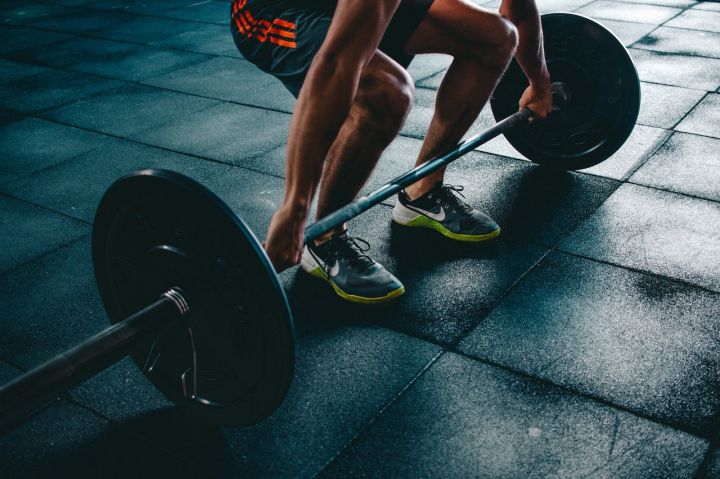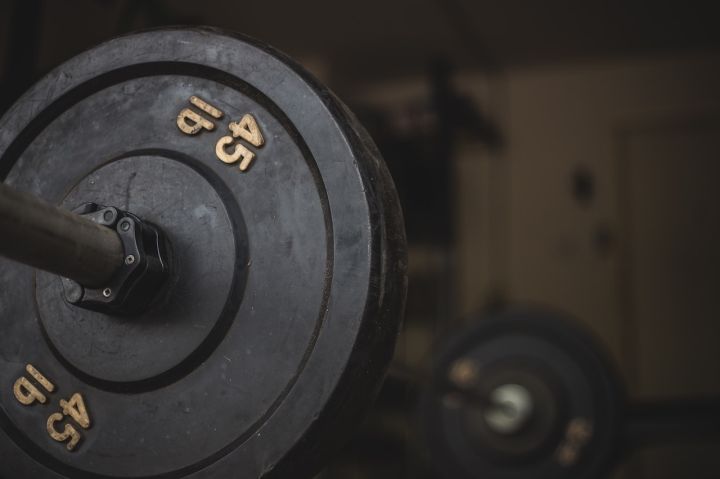During my recent workouts, many of my friends have told me that they particularly enjoy summer because they can casually go out and work out in short sleeves in summer, and they are comfortable in the shower after sweating. The relatively high temperatures in the hot summer months do not dampen the enthusiasm of exercise enthusiasts. However, excessively high temperatures can easily lead to discomfort and affect the effectiveness of exercise. Therefore, it is vital to understand and have some knowledge about summer training for our training safety and efficiency. Today, i will share with you some of the things you should be aware of during summer exercises and what you can do to enhance your weight loss when working out in summer.

The best temperature for exercising
20-25 degrees is the temperature at which the body feels more comfortable and is the most suitable temperature for training. As the temperature rises, our bodies will gradually start to feel hot and irritable. Even if we lie down and do nothing, our body will heat up due to metabolic activities, such as food digestion and heartbeat. As a result, the body will start to sweat when the external temperature approaches body temperature. In this way, we can keep our body temperature at around 37 degrees celsius to ensure our health.

The more you sweat, the better you lose weight?
I don't know if there are any friends around who are particularly fond of exercising in summer. The reason is that the summer temperatures are high and they sweat a lot, which they believe is the most effective way to lose weight. This misconception is mainly due to the perennial misinformation of various weight loss advertisements that fat will turn into sweat and be excreted from the body.
In fact, fat, as the most abundant energy supply substance in our body, is usually used as a very low intensity or prolonged low intensity energy supply for our everyday body and is one of the functional raw materials for aerobic oxidation. Although the process of fat oxidation produces water, sweating in a hot environment has little to do with fat oxidation.

Sweating is a way for the body to regulate its temperature with one purpose in mind: To dissipate heat. It is like the water tank in a car; without it, the engine would overheat and be damaged. When we eat spicy hotpot we sweat because it is spicy, but we don't lose weight by eating it, it's just because the body is sweating to cool down because it thinks you are getting burned.

So sweating doesn't mean burning fat, when we exercise our body produces a lot of heat and makes the body temperature rise rapidly. If body sweat does not help to bring down the body temperature, but continues to rise, then we should be careful of heat stroke. For our everyday life, turning on the air conditioning to cool down is one of the good ways to effectively avoid heat stroke and maintain our exercise levels. I often see friends who are reluctant to train with air conditioning even in very hot conditions because they are afraid of catching a cold. In fact, turning on the air conditioning is not the main reason for catching a cold, but more importantly, it is very important to keep the temperature at the right temperature for exercising.
Keep the relative humidity and the workout will be very comfortable.

Relative humidity is another physical indicator that we need to keep under strict control. 40%-60% relative humidity is the most suitable for our exercise.
If the relative humidity is too high, the body's endocrine system tends to work abnormally, leading to a low mental state and affecting physical condition and exercise performance. When humidity rises, evaporation of water from the body slows down, which will not be able to carry away the heat generated by the body in time, leading to a rise in body temperature.

Conversely, if the humidity level is too low, the air will become dry and body moisture will be easily and rapidly lost, which can also affect athletic performance and even put your health at risk. It is therefore essential to maintain a relatively suitable level of humidity. In a ventilated indoor environment, open windows or turn on electric fans to increase air flow and carry away moisture and bacteria, or use air humidity control equipment to increase the humidity of the environment.





